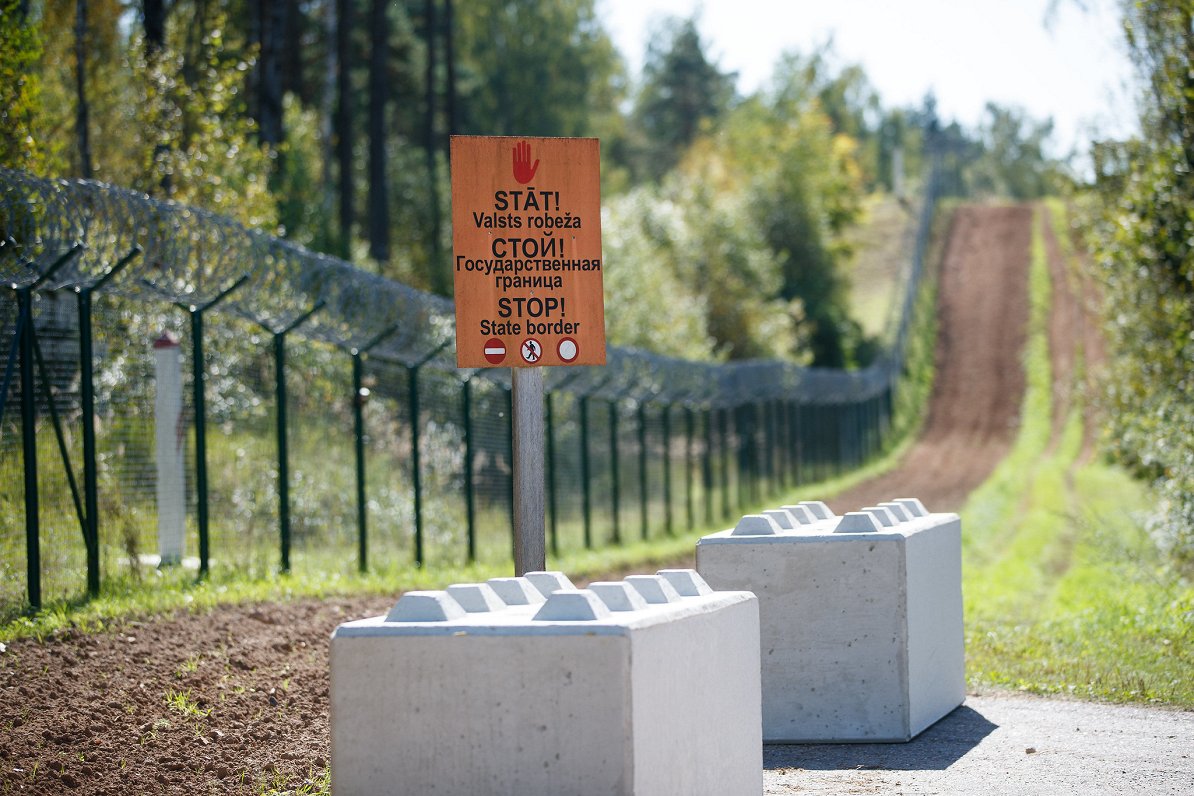It has been developed by the Saeima National Security Committee, which hopes that MPs will not delay considering the bill and that such a requirement could come into force as early as this spring.
The new law is designed to prohibit travel to Russia and Belarus for employees of state institutions who have been issued special permits to access state secrets and who are responsible for the security of critical infrastructure. Such facilities include, for example, electricity, water and natural gas supply infrastructure, hospitals, bridges, airports, ports and railway facilities.
The ban will apply to officials of the Ministries of Defense, Interior and Justice and their subordinate institutions, military facilities, customs, Tax and Customs Police, as well as the Corruption Prevention and Combating Bureau. The planned ban will also apply to those working in the diplomatic or consular service, as well as in judicial or prosecutorial institutions.
Exceptions include travel to these countries for work purposes, such as consular services, as well as for humanitarian reasons, such as going to a funeral or due to the illness of a relative.
Then special permits will be issued. But why was the law drafted right now? This is explained by Ainars Latkovskis (New Unity), the head of the Saeima National Security Committee.
“For a long time now, the State Security Service and the Ministry of Foreign Affairs have been warning [not to travel to Russia and Belarus], and, of course, the first thing is to try to invite people voluntarily. Such cases with employees of state administration institutions, although not numerous, do exist.
“This decision is necessary due to security risks, so voluntary appeals are not enough, it must be determined by the force of law,” Latkovskis explained.
The main risks that this law is intended to mitigate are: recruitment efforts by the special services of both neighboring countries; organized provocations by security services against a Latvian resident.
For example, involving a visitor in a staged traffic accident and charging him or her for it under local laws. Then follows the offer to avoid prosecution by cooperating with the services of the neighboring country, providing the information they request. In other words – being recruited. Though many people might think any oficial going to the aggressor countries in the first place naive – at best.
A similar law in Lithuania already prohibits officials who have been issued clearance to work with state secrets from traveling to Russia and Belarus.
The Latvian draft law does not specify the number of state institution employees the ban will apply to. Estimates are that up to about 40,000 officials. The law will provide for dismissal from work for those who violate this ban.
The law will be considered by the Saeima’s Defense, Internal Affairs and Corruption Prevention Committee in the usual manner, in three readings. It is expected that the law could be adopted by May and will enter into force soon after its adoption by the Saeima.
